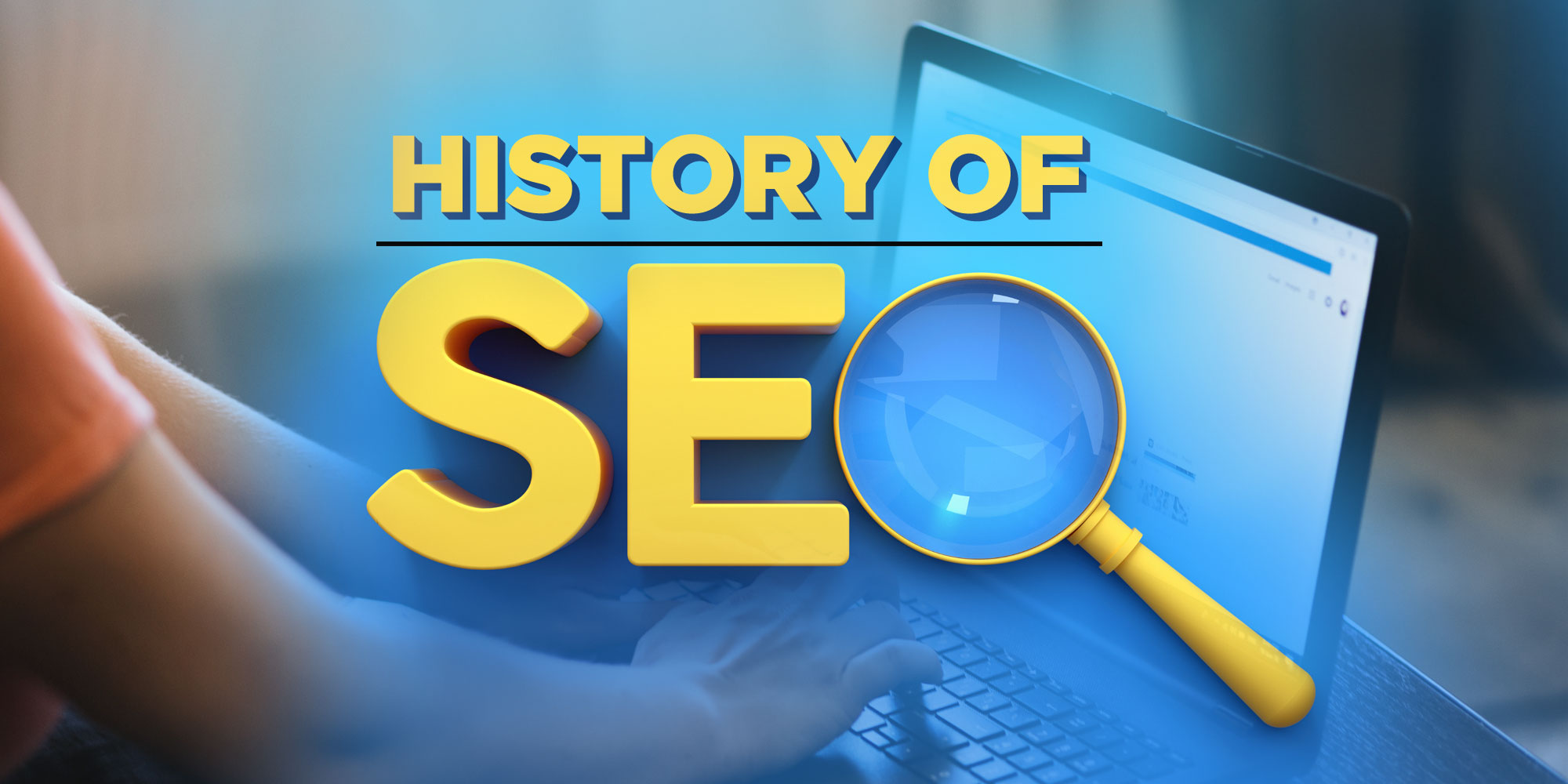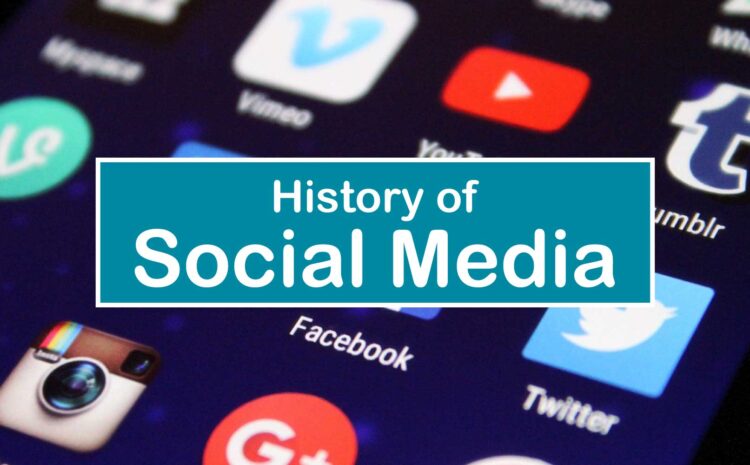Hello, and welcome to another “History of” post! We’ll look at SEO today. We hope you discover some intriguing things that you didn’t know before. Let’s get this celebration started.
SEO’s power is harnessed daily by every kind of company. Google dominates search engine optimization (SEO) – but the term “search engine optimization” predates Google. You never know if you’re trapped in a past or present version of SEO. The history of SEO offers some hints about how to better think about it in 2022.
What is SEO?
Search engine optimization, or SEO, is a collection of techniques to improve the look and positioning of web pages in organic search results. The main difference between SEO and paid advertising is that SEO involves “organic” ranking, which implies you aren’t paying to appear in that place. A solid SEO plan is critical for increasing the quality and quantity of visitors to your website.
Who is the father of SEO?
Bruce Clay is the originator of search engine optimization and its father. His company works with multibillion-dollar businesses and has over a million pages of material. Bruce has also received a Lifetime Achievement Award in Search Marketing. He’s the best-selling author of Search Engine for Dummies.
How did SEO get started?
Search engine optimization was first developed in 1991. Some business owners realized their companies weren’t being placed in online directories as well as they should be. Search engine optimization requires time and effort, but if you’re patient, you may see great results. It has evolved alongside the internet, but it’s always been a critical component of online marketing.
AltaVista, Internet pioneer and innovator par excellence, was at a crossroads as they decided what direction their website would take. They decided it would be one that would beat all others by incorporating search engine capabilities into it from day one. When most people didn’t have internet access, those who did used it as an information superhighway rather than as part of their daily lives.
The origins of search engine optimization (SEO) can be traced back to Web crawlers and directories. Google (founded in 1998) revolutionized the internet by ranking web pages based on their freshness and relevancy. If you wanted to locate something on the internet back then, you would use a search engine like Yahoo! or AltaVista. Soon after, websites began duplicating each other’s material to improve their search engine rankings.
Future and Present SEO
SEO methods are centered, not just on on-page approaches, but also on the site’s speed and experience, audience retention, and content quality. Current trends include mobile-first searches, voice searches, and topical content. Because machine learning and intelligent search suggestions will drive the future of SEO, it is critical to approach SEO holistically.
The internet is utilized by 63% of the world’s population, and almost all of them use search engines to find what they’re searching for. Most websites don’t appear on the first page of Google; to make money, you must rank high. To do that, you’ll need an expert in SEO or knowledge of it yourself.
Fortunately, giants like Google and Bing have established less adversarial relationships with digital marketers, and most search engines now provide tools for webmasters to improve website performance. Websites must be hosted on secure HTTPS domains, load quickly, look nice on all screen sizes, have a large number of natural backlinks, and offer high-quality content that is updated regularly.
SEO has gone from a simple, information-retrieval system to intelligent searches and machine learning techniques. With time, SEO has become more and more human, relies less on keywords, and relies more on the authenticity of the site and the quality of content. The sooner we understand the changing nature of SEO and prepare ourselves accordingly, the better we can ride the wave of change.
Isn’t it amazing how far SEO has come?
Thanks for checking out our article! We hope you gained some knowledge you didn’t have before. If you’d like to learn more about the origins of IT things, be sure to give some of our other “History of” posts a read.

 Linkedin
Linkedin


